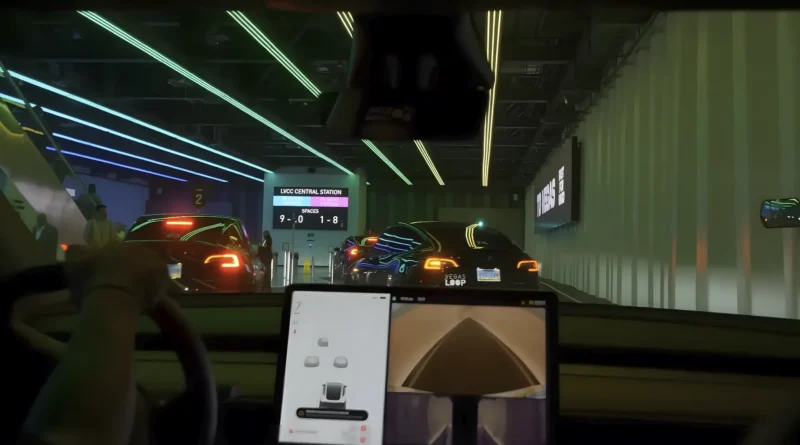Elon Musk
Elon Musk: A Visionary in Problem-Solving and Company Building
Table of Contents
Elon Musk is a name that has become synonymous with innovation, disruption, and visionary thinking. He’s like a character in a Science Fiction movie. Unlike most people, Elon Musk possesses a unique ability to identify huge challenges and create revolutionary solutions that address the needs and dreams of people everywhere. His approach to problem-solving is not just about incremental improvements but about redefining entire industries. Elon Musk’s companies span a range of sectors, from electric vehicles and space exploration to energy solutions and neurotechnology, each playing a crucial role in shaping the future. Here’s a list of businesses he’s involved in and how they compare to others in the same fields.
Tesla: Revolutionizing Transportation and Energy
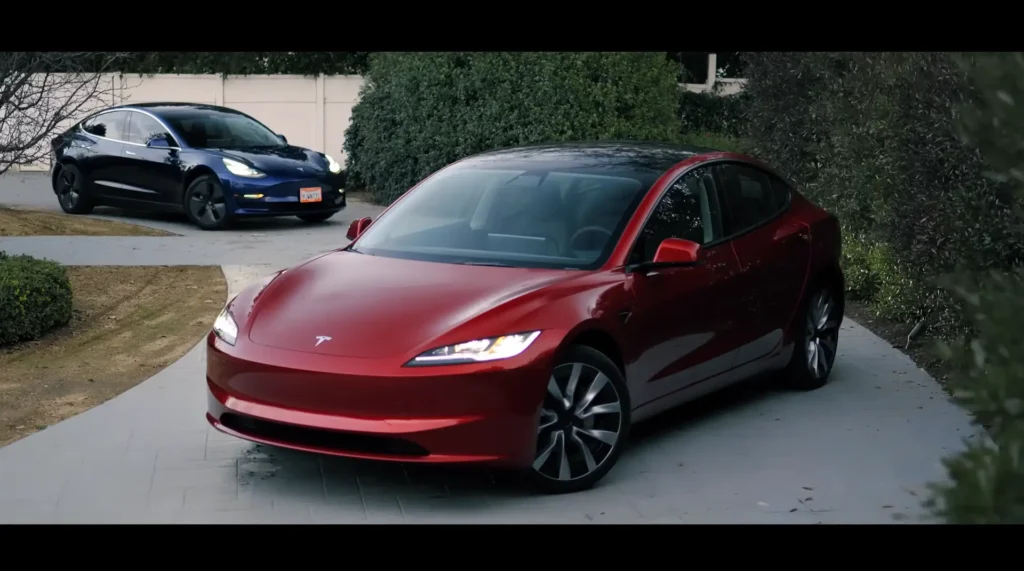
Tesla, Inc. is perhaps the most well-known of Elon Musk’s ventures. Founded in 2003, Tesla’s mission is to accelerate the world’s transition to sustainable energy. Tesla has redefined the automotive industry by making electric vehicles (EVs) desirable, practical, and accessible. The company’s innovative approach includes:
- Electric Vehicles (EVs): Tesla’s Model S, Model 3, Model X, and Model Y have set new standards for performance, safety, and range in the EV market. Tesla’s vehicles outperform many traditional gasoline-powered cars in terms of acceleration and efficiency, making them a viable alternative for consumers.
- Autonomous Driving: Tesla’s Autopilot and Full Self-Driving (FSD) capabilities are at the forefront of autonomous vehicle technology. While fully autonomous driving is still in development, Tesla’s systems already provide significant safety and convenience features.
- Energy Solutions: Tesla’s energy products, including solar panels, Solar Roof, and Powerwall, aim to create a sustainable energy ecosystem. These products enable homeowners to generate, store, and use renewable energy, reducing reliance on fossil fuels.
- Battery Technology: Tesla’s advancements in battery technology not only power their vehicles but also support grid storage solutions, addressing the intermittency of renewable energy sources like solar and wind.
Comparison to Others: Tesla’s focus on vertical integration, from battery production to software development, sets it apart from other automakers. Companies like General Motors and Ford are investing heavily in EVs, but Tesla’s head start and technological edge give it a significant advantage.
SpaceX: Making Space Exploration Accessible
SpaceX (Space Exploration Technologies Corp.), founded in 2002, aims to reduce space transportation costs and enable the colonization of Mars. SpaceX’s contributions include:

- Reusable Rockets: The Falcon 9 rocket’s ability to land and be reused is a game-changer in the aerospace industry, drastically reducing the cost of space missions.
- Starlink: This satellite constellation project aims to provide global high-speed internet access, particularly benefiting remote and underserved areas. Starlink has the potential to bridge the digital divide and enhance connectivity worldwide.
- Mars Colonization: SpaceX’s Starship, currently in development, is designed for missions to Mars and other deep-space destinations. Elon Musk’s vision of making humanity a multi-planetary species drives the company’s long-term goals.
Comparison to Others: SpaceX competes with traditional aerospace giants like Boeing and Lockheed Martin, as well as newer entrants like Blue Origin. However, SpaceX’s innovative technologies and cost-effective solutions have positioned it as a leader in the commercial space sector.
Neuralink: Bridging the Human-Machine Interface
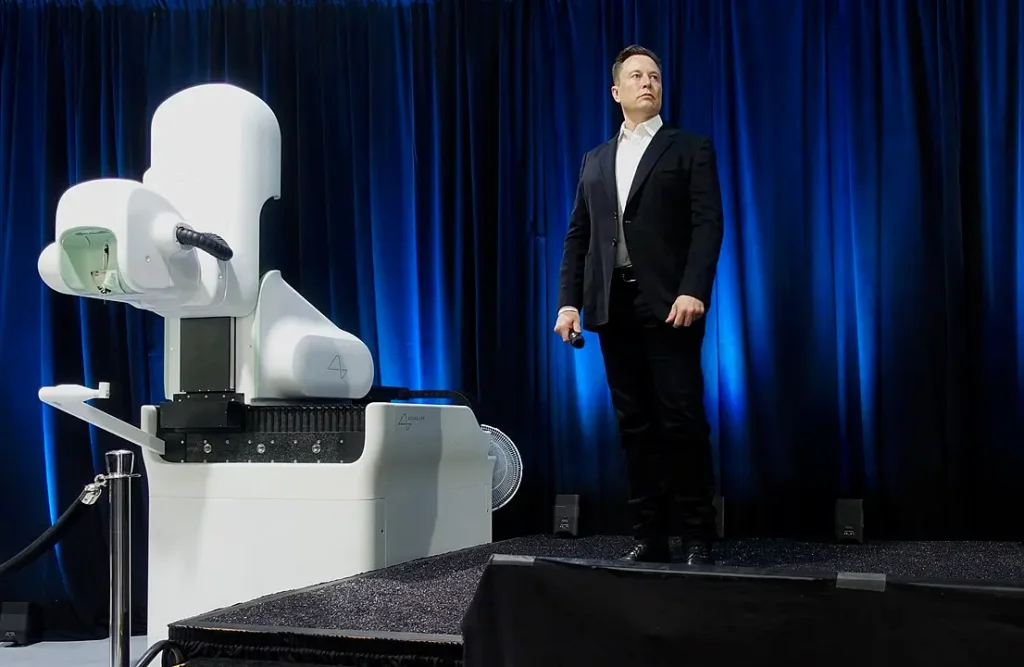
Neuralink Corporation, founded in 2016, focuses on developing brain-machine interfaces (BMIs) that could revolutionize how humans interact with technology. Key objectives include:
- Medical Applications: Neuralink’s technology aims to treat neurological conditions such as Parkinson’s disease, epilepsy, and spinal cord injuries by creating direct interfaces with the brain.
- Enhanced Cognitive Abilities: In the long term, Neuralink envisions enhancing human cognitive abilities and enabling direct communication with computers, potentially transforming fields like artificial intelligence and human-computer interaction.
Comparison to Others: While other companies like Kernel and Synchron are also exploring BMIs, Neuralink’s ambitious goals and significant funding have given it a leading position in the field.
The Boring Company: Innovating Urban Transportation
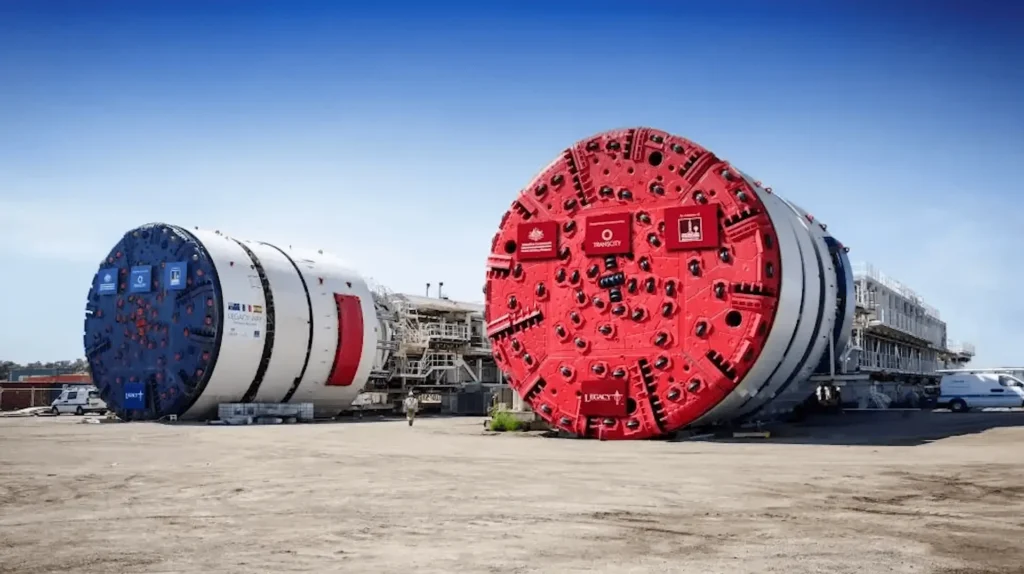
The Boring Company, founded in 2016, addresses urban transportation challenges by developing tunnel-boring technology to create underground transportation networks. Projects include:
- Loop System: The Boring Company’s Loop system aims to provide high-speed, underground transportation within cities, reducing surface traffic congestion and commute times.
- Prufrock: The company’s tunnel-boring machines, named Prufrock, are designed to significantly reduce the cost and time required for tunnel construction.
Comparison to Others: Traditional tunneling projects are often costly and time-consuming. The Boring Company’s innovations aim to make underground transportation more viable and widespread.
SolarCity: Pioneering Solar Energy Solutions
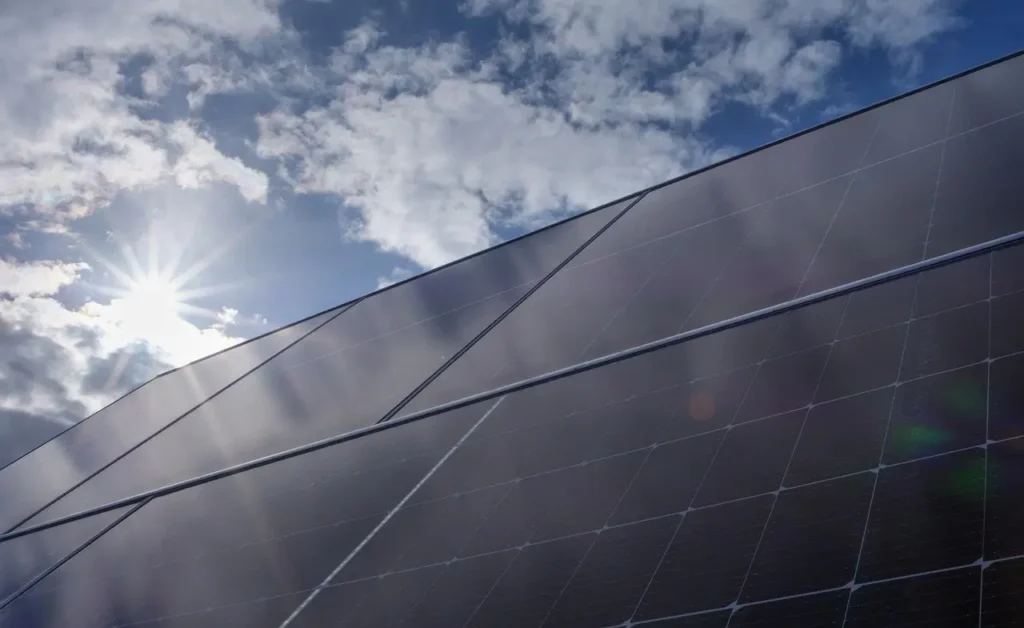
SolarCity, acquired by Tesla in 2016, focuses on providing solar energy services. It aims to make solar power more accessible and affordable for residential and commercial customers. Contributions include:
- Solar Panels and Solar Roof: SolarCity offers high-efficiency solar panels and the innovative Solar Roof, which integrates solar cells into roof tiles, combining aesthetics with functionality.
- Energy Storage: SolarCity’s integration with Tesla’s energy storage products, like the Powerwall, allows customers to store solar energy for use during peak times or power outages.
Comparison to Others: While companies like Sunrun and SunPower also operate in the solar energy market, SolarCity’s integration with Tesla’s broader energy solutions provides a more comprehensive approach to sustainable energy.
Hyperloop: Revolutionizing Long-Distance Travel
Although not directly owned by Elon Musk, Hyperloop is a conceptual high-speed transportation system that he proposed. The idea involves passenger pods traveling through low-pressure tubes at speeds exceeding 700 mph. Various companies, including Virgin Hyperloop, are working to bring this concept to reality. Contributions include:
- Reduced Travel Times: Hyperloop aims to drastically reduce travel times between major cities, offering an alternative to air travel.
- Sustainability: The system is designed to be energy-efficient and environmentally friendly, using renewable energy sources.
Comparison to Others: Traditional high-speed rail and aviation are the primary competitors. Hyperloop’s potential to offer faster, more efficient travel could disrupt these industries.
Impact and Vision
Elon Musk’s companies share a common thread: they address significant global challenges through innovative solutions. His vision encompasses:
- Sustainability: From Tesla’s electric vehicles and solar products to SpaceX’s plans for interplanetary colonization, sustainability is a core principle driving Elon Musk’s ventures.
- Accessibility: Projects like Starlink and Neuralink aim to make advanced technology accessible to a broader audience, whether it’s through global internet coverage or medical breakthroughs.
- Future-Oriented: Elon Musk’s focus on long-term goals, such as colonizing Mars and enhancing human cognitive abilities, demonstrates a forward-thinking approach that extends beyond immediate commercial success.
Shaping Society
Elon Musk’s influence on society is profound. His companies are not just businesses, they are catalysts for change, challenging traditional industries and setting new standards for innovation. By pushing the boundaries of what is possible, Elon Musk is inspiring a new generation of entrepreneurs and engineers to think big and pursue ambitious goals.
After all the great things Elon Musk has done for the world, the left has turned on him. The left turned on the greatest entrepreneurial mind in modern history for one single reason. Elon Musk bought Twitter. Twitter was the left’s largest propaganda platform rivaled only by Facebook. They could censor any thought, idea or comment they didn’t want the public to see. Elon Musk’s greatest contribution to society may have been his purchase of Twitter. By doing so he made Free Speech Free Again.
Conclusion
Elon Musk’s unique problem-solving abilities and visionary approach have led to the creation of groundbreaking companies that are reshaping various sectors. From revolutionizing transportation with Tesla and The Boring Company to pioneering space exploration with SpaceX and advancing neurotechnology with Neuralink, Elon Musk’s ventures are addressing critical challenges and transforming society. His vision for the future is one where technology and sustainability go hand in hand, driving progress and improving the quality of life for people around the world. As Elon Musk continues to push the envelope, his impact on society and the world at large is likely to grow, solidifying his legacy as one of the most influential innovators of our time.
